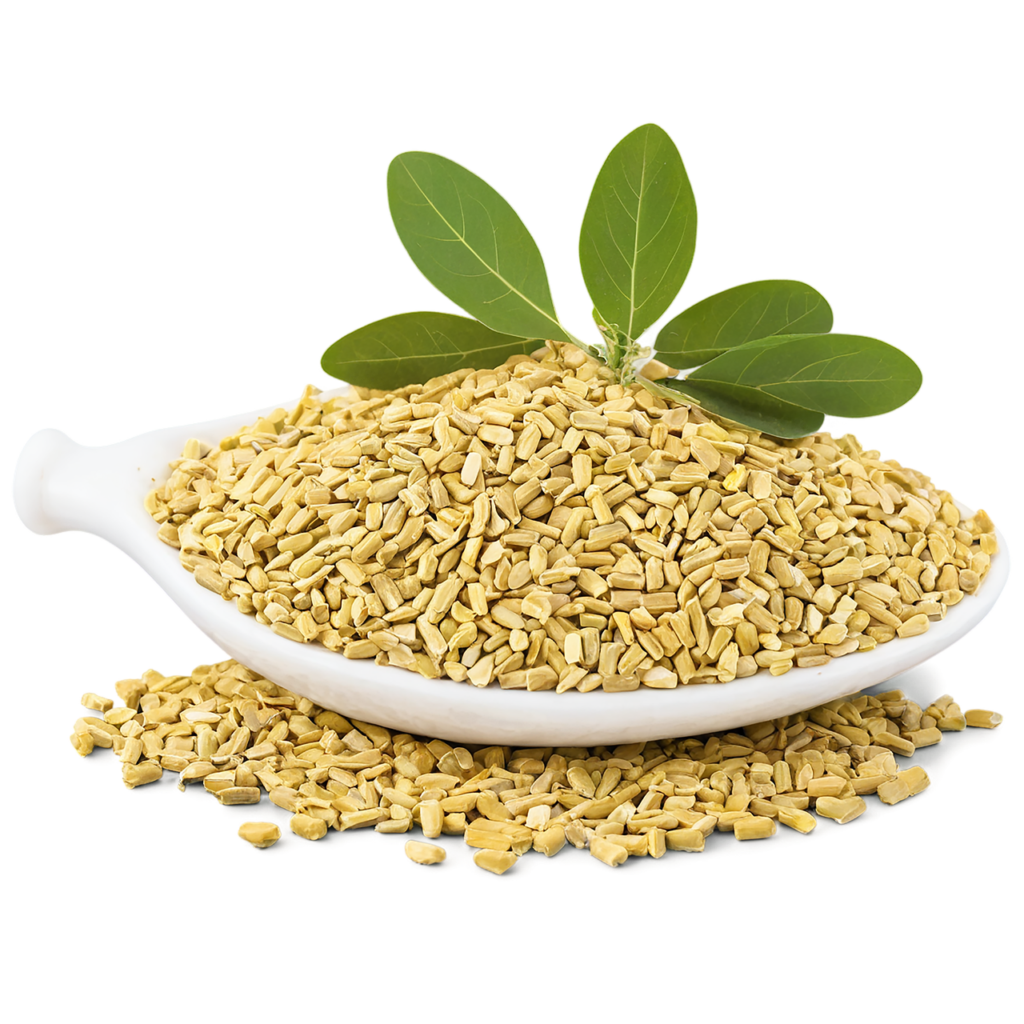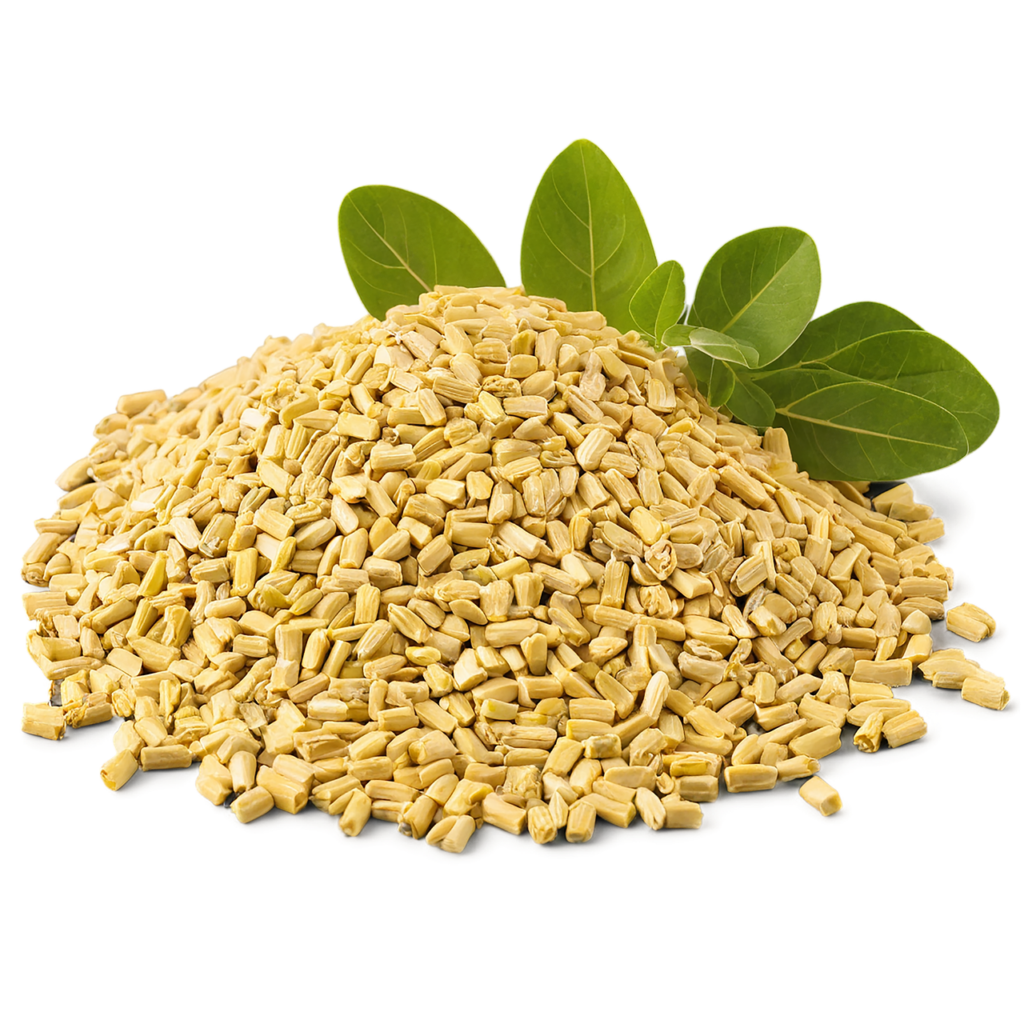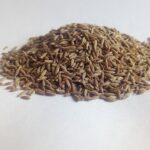Fenugreek, an ancient herb used in both culinary and medicinal practices, is gaining renewed attention for its impressive health benefits. Known for its distinct, slightly bitter taste, fenugreek seeds and leaves are staples in many cultures, especially in Indian, Middle Eastern, and Mediterranean cuisine. But beyond its culinary uses, fenugreek holds immense therapeutic potential. This article explores the key benefits of fenugreek and how it can enhance overall well-being.
What is Fenugreek?
Fenugreek (Trigonella foenum-graecum) is an annual plant that produces seeds and leaves with powerful health properties. It is rich in nutrients such as fiber, iron, magnesium, and vitamins. Its seeds contain saponins and alkaloids, which contribute to its medicinal value.
- Promotes Digestive Health
One of the primary uses of fenugreek is to support digestive health. The high fiber content in fenugreek seeds makes it effective in alleviating constipation and promoting regular bowel movements. Additionally, fenugreek has been known to reduce symptoms of indigestion, such as heartburn and bloating. Its soothing properties can help individuals suffering from gastritis or upset stomachs by calming the digestive tract.
- Regulates Blood Sugar Levels
Fenugreek is particularly beneficial for individuals with diabetes or those seeking to stabilize their blood sugar levels. Studies have shown that fenugreek seeds can slow down the absorption of carbohydrates and improve insulin function, resulting in more stable blood sugar. This makes fenugreek an effective natural remedy for managing Type 2 diabetes and preventing sudden spikes in glucose levels after meals.

- Enhances Lactation in Nursing Mothers
Fenugreek has long been recommended for new mothers looking to increase their milk supply. It is considered a natural galactagogue—a substance that promotes lactation. The phytoestrogens in fenugreek mimic the effects of estrogen, which plays a key role in milk production. Consuming fenugreek in tea or supplement form has been shown to boost milk supply, making it a popular choice among breastfeeding mothers.
- Boosts Testosterone Levels in Men
Fenugreek is widely recognized for its potential to improve men’s health, particularly in terms of boosting testosterone levels. Several studies suggest that fenugreek supplements can lead to increased testosterone production, enhanced sexual performance, and greater strength during physical activity. This makes fenugreek a popular natural option for men looking to enhance their vitality and overall wellness.
- Supports Weight Loss
For those aiming to lose weight, fenugreek can be a valuable ally. The high fiber content of fenugreek seeds helps promote feelings of fullness, reducing the tendency to overeat. Additionally, it has been found to help regulate the body’s metabolism by increasing fat breakdown and reducing the absorption of fat. Incorporating fenugreek into your daily diet may help with weight management and contribute to a healthier lifestyle.
- Promotes Hair and Skin Health
Fenugreek’s benefits aren’t limited to internal health—it also has remarkable effects on hair and skin. For hair care, fenugreek can help reduce dandruff, stimulate hair growth, and improve scalp health due to its rich vitamin and mineral content. When applied topically or used in hair masks, fenugreek seeds nourish the scalp and promote stronger, shinier hair.
For the skin, fenugreek’s anti-inflammatory and antioxidant properties can be used to treat acne, reduce redness, and promote smoother, more radiant skin. Its ability to combat oxidative stress makes it a popular ingredient in natural skincare remedies.
- Anti-Inflammatory and Antioxidant Properties
Fenugreek seeds are loaded with antioxidants, which help neutralize free radicals in the body. This not only boosts the immune system but also reduces the risk of chronic diseases. Fenugreek’s anti-inflammatory properties are particularly useful in reducing joint pain, making it a beneficial supplement for people with arthritis or other inflammatory conditions.
How to Incorporate Fenugreek into Your Diet
Fenugreek is versatile and can be incorporated into your daily routine in various ways. You can use the seeds in cooking, add powdered fenugreek to soups or smoothies, or take it in supplement form. Drinking fenugreek tea is another simple way to enjoy its benefits. However, it’s important to consult with a healthcare professional before adding fenugreek supplements to your diet, especially if you are pregnant or managing a medical condition.
Conclusion
Fenugreek is a powerful, all-natural remedy that offers a range of health benefits. Whether you’re looking to improve digestion, regulate blood sugar, enhance lactation, or simply boost overall well-being, this ancient herb has something to offer. With its nutrient-packed seeds and leaves, fenugreek is truly a gift from nature that can enhance both your inner and outer health.



